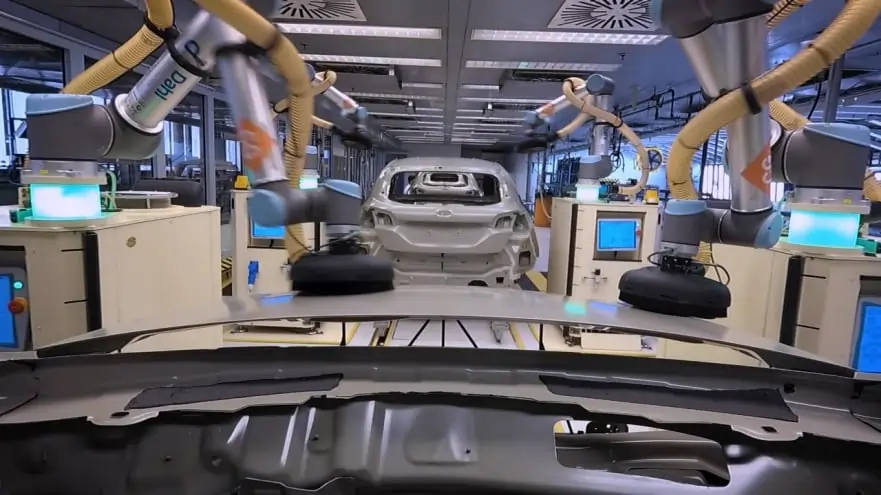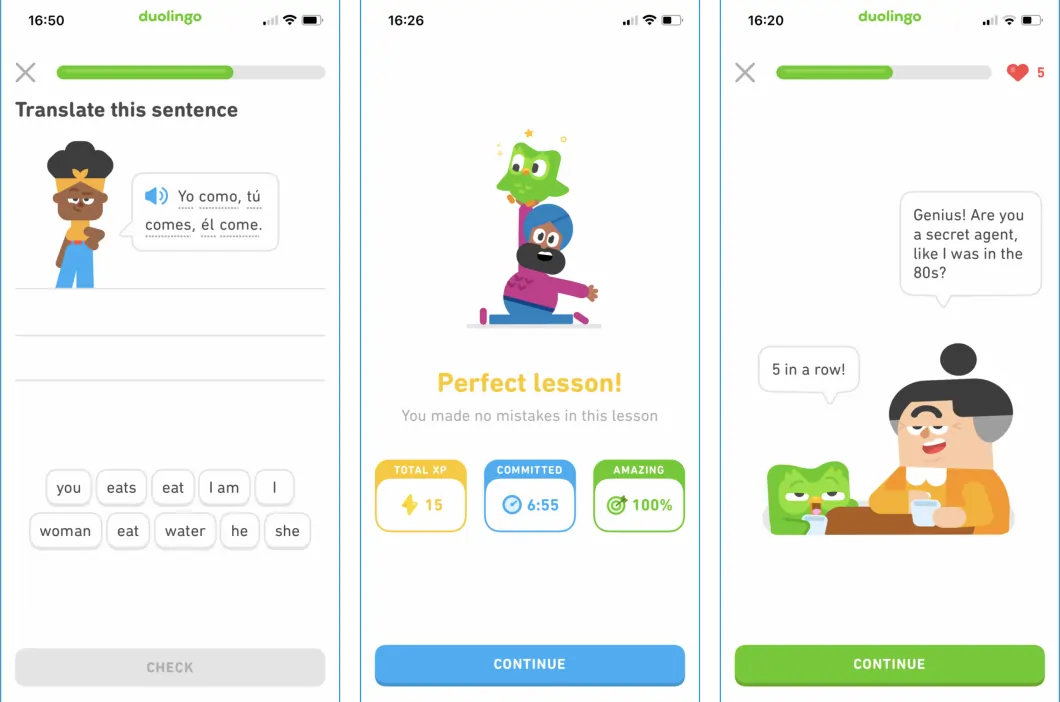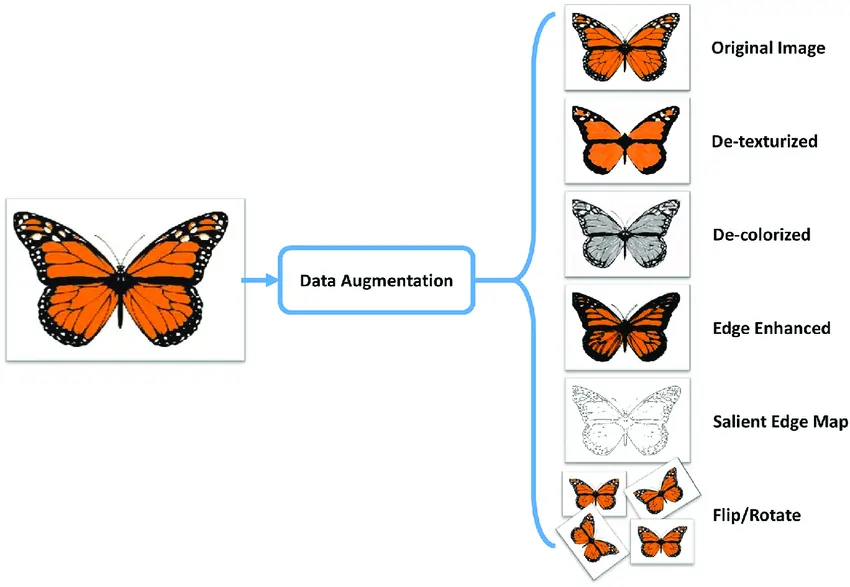The use of artificial intelligence and digital transformation are inextricably linked. This cutting-edge technology brings multiple benefits to businesses. It's not for nothing that more than 60% of company owners think AI has the potential to improve productivity and enhance customer experiences.
How can AI help improve your business? How can you implement this technology as part of your digital transformation process? How do well-known companies take advantage of AI? What are the challenges associated with using this technology and how to avoid them? You will find the answers to all these questions in this article!
The significance of AI in digital transformation
According to the National University in San Diego, 33% of all companies around the world use artificial intelligence, and more than 50% of businesses plan to implement these technologies. And according to another research conducted by McKinsey, 72% of all survey respondents have implemented AI into their business processes.
Why is business usage of AI so popular: 10 reasons
Why is this technology so insanely favored by numerous companies worldwide? Here are 10 main benefits it can bring:
New innovative products and features. Using AI technologies, you can develop unique new products and offer them to your target audience to boost your business. Also, it is a great idea to implement new AI-based features to existing products to attract new users and make regular customers more loyal. Some great examples of using modern technology to create new products are AI-based stock trading advisors that are developed by many Fintech companies.
Operational optimization. With the help of modern technology, it is possible to automate many processes, especially those that are repetitive and do not require much creativity. This will allow closing many tasks much faster and boost productivity.
Enhancing security. AI algorithms can be exciting assistants in detecting fraud activity. This method is commonly used by banks and other financial institutions. They integrate ML/AI-based security features into their processes to study users’ behavior and define untypical actions.
Reducing staff turnover. An abundance of repetitive and boring tasks or too much workload leads to burnout. Because of this, the company may have a high turnover rate. One of the ways to reduce it may be some process automation with the help of artificial intelligence. This will relieve employees' workload and free up their time for more important and creative tasks, keeping them from getting bored at work.
Minimizing human error. Modern technology allows for more accurate information handling. Inaccuracies due to manual intervention can be eliminated.
Improving customer experience. With the help of innovation, you can significantly improve the quality of interaction with customers. This, accordingly, will raise the level of their satisfaction with contact with your brand. For instance, it may be a good idea to use AI-based chatbots for faster customer support.
Increasing sales. A lot of companies have already implemented personalized recommendations based on ML/AI technologies to create better offers for customers. With the help of ML, it is possible to accumulate information about previous user behavior, while AI provides personalized recommendations. This stimulates sales, as each potential customer receives customized suggestions.
Simplification of decision-making. AI can make unbiased decisions based on the data about clients and their behavior. Of course, some intervention of human specialists can still be needed, although technology makes their work much easier and faster.
Cutting costs. By streamlining and automating some processes, as well as increasing productivity, it is possible to achieve better results at a lower cost.
Outcoming competitors. All the precious listed benefits will help you stand out from the competition and conquer new heights.
Seamless digital transformation with 30% faster time to market and budget savings of up to 20%
What AI technologies do modern businesses use
Some of the most widespread technologies associated with artificial intelligence are the following.
Machine learning
This is the technology that mimics the human brain learning processes. Based on available information and special algorithms, artificial intelligence "memorizes" data, improves itself, and becomes more accurate.
This technology is used in a broad spectrum of fields and is especially popular in commerce and fintech. For example, one of the leading banks in Denmark, Danske Bank, uses ML algorithms in the fraud detection processes.
Natural language processing
This is a specialized technology that allows AI to “understand” human language and manipulate this information. One of the most prominent examples of NLP is ChatGPT. Smartphone assistants like Siri are based on this very technology as well.
Computer vision
These are algorithms that allow devices to recognize objects in the environment. Every time you use your smartphone camera, it recognizes faces to take a better picture. This function is based precisely on algorithms of this type.
And a more advanced example might be autopilot buses. They contain mechanisms that recognize obstacles in the path and, depending on this information, determine the best way to travel along the route.
A couple of decades ago, they seemed like the fantasy of science fiction writers, and now they can be seen on the streets of some cities, including Oslo.
What really works when it comes to digital and AI transformations?
AI usage in various industries: a detailed overview with interesting examples
The global AI market size makes up over 184 billion dollars and is expected to reach 826 billion dollars by 2030. Thousands of companies around the world use cutting-edge technologies to:
automate and optimize processes;
attract more new clients;
enhance the customer satisfaction level;
reduce costs, and achieve many other benefits.
Further in this article, we'll look at some of the most fascinating and outstanding cases of AI usage in a wide variety of business niches.
Manufacturing
Many businesses extensively use modern technology to speed up and simplify the production of their goods. This is especially widespread in the automotive industry. For example, market giants such as BMW and Ford use cobots (collaborative robots) in their work processes.
These are special automated devices programmed with the help of AI technology. They can assist employees in many processes, such as assembly, sorting, and others. For instance, Ford uses these automated assistants to complete sanding of the entire vehicle body in just half a minute.
Ford is using cobots in car production
eCommerce
This area is very active in utilizing state-of-the-art AI technology to outperform competitors, improve customer experiences and support, and boost sales by:
competitive pricing formation;
making it easier and more convenient for customers to search for goods they need;
providing personalized recommendations to regular purchasers;
making some of the responses to customer support requests automatic;
boosting productivity by some routine tasks automation, etc.
Some of the best and most well-known cases are personalized recommendations on leading eCommerce platforms like Amazon and AliExpress.
Amazon is giving personal recommendations to a client
Fintech
This industry utilizes advanced technology to enhance security, simplify decision-making, improve customer support and experience, and achieve many other objectives as well.
An exciting example is Wealthfront. This California-based company has developed an automated investment platform based on AI predictive analysis. It provides users with tips that allow them to earn more.
Wealthfront helps users make a profit in investments
Healthcare
The medical field is also not lagging behind others in terms of utilizing innovation. For example, it is actively using AI for better diagnosing, as well as improving patient care safety and quality. Furthermore, the forefront technology can help medical companies optimize the doctors’ workflow by reducing the amount of paperwork and letting them pay more attention to patient examinations and decision-making.
Some prominent cases of using modern technologies in the healthcare industry are:
Using robots and computers as assistants for surgeons. Computers help doctors plan the course of surgery, depending on the diagnosis and individual characteristics of a particular patient. Robotic helpers with cameras give an opportunity to do more precise surgical procedures through tiny incisions. Also, they can collect detailed information and videos of surgeries for further analysis and improvement of medical techniques.
Innovative diagnostic systems for physicians. Based on predictive analysis, AI trained on a vast array of medical records can evaluate risk levels for some diseases and help in their early diagnosis. Such technologies are used by doctors for more precise diagnosing of diabetes, cancer, tuberculosis, mental illness, and other disorders in their early stages.
Healthcare applications for patients. Apps like Ada help users take better control of their health. They can make personalized recommendations based on the user’s symptoms.
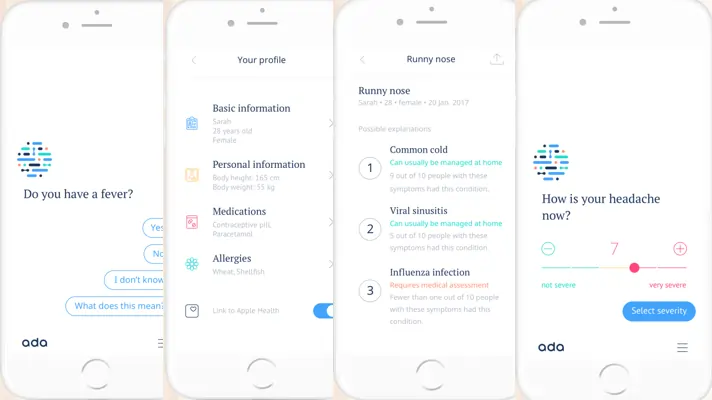
Ada app gives personalized recommendations to a user
Education
In this area, innovative technology is mainly used to:
personalized learning plans;
make the learning process more engaging for students;
decrease the number of routine tasks for teachers.
One of the most illustrative examples of AI implementation in this field is Duolingo. This famous application for foreign language learning uses conversational interfaces and builds custom plans considering the previous mistakes of a user.
Conversational interfaces by Duolingo
How to implement AI within the digital transformation process: essential points to consider
Introducing this latest technology is a rather complex and multifaceted process, but it is worth it. Further in this article, we will cover the main points to consider when integrating AI as part of digital transformation.
The quality of AI integration
To make the functioning of artificial intelligence correct, effective, and safe, it is necessary to ensure data readiness for its training. The information that is used for this purpose should be:
accurate, as well as free of errors and bias;
full of facts and not “fluffy”;
not inconsistent with security policy;
meeting ethical and regulatory compliance;
not violating authors’ rights.
To ensure an adequate amount of quality material for AI training use the following techniques:
Data governance: This involves the introduction of a single standardized information management policy in the company. It should set out all the rules for collecting, storing, using, and accessing data.
Data cleansing: It is the process of improving the quality of materials by eliminating errors and duplicates, as well as filling in some gaps.
Data augmentation: It is the generation of new information based on existing data for the development and training of AI and ML models.
Data augmentation illustrated
Staff’s loyalty to AI and technology expertise
It's not enough just to implement AI technologies for a good result. Your employees must know how to use them correctly. So look for talents with loyalty and experience in these technologies and develop an innovation-friendly culture in your company.
Ethical and regulatory compliance
To meet them, It is crucial to ensure bias mitigation and algorithm transparency while implementing innovation. Here are some ways to do this:
Collect data from a variety of sources that are based on research on diverse populations and are free from discrimination.
Add special algorithms that help deal with bias.
Regularly conduct bias checks.
Make sure you collaborate with highly experienced professionals who develop and train AI.
Do not abuse data protected by copyright.
Meeting infrastructure and technology stack requirements
To deploy AI, you may need to have and use:
Scalable architecture. Your product needs this to cope with the growing amount of data.
Cloud computing. It can expand information storage capabilities and enhance security.
AI platforms. If you are not going to develop your own artificial intelligence from scratch, you can integrate your product with one of the existing platforms like OpenAI or VertexAI.
Challenges of AI usage and the best solutions for them
What are the most common difficulties companies can experience while implementing artificial intelligence? How to overcome them? Look through the table below to find out.
Data silos (isolated data storage that interferes with the normal operation of the AI)
- Conduct audits to determine data silos.
- Implement data governance policy.
- Encourage effective communication between departments.
- Allocate budget for talent acquisition.
- Collaborate with top professionals in an outsourcing format.
Sponsor employee training on new technologies: knowing how to work with them will remove fear and rejection.
To sum up
Artificial intelligence can help open up new horizons for your business. After implementing it, your company is going to enjoy such benefits as growing productivity, enhancing customer experience, improving security, and many others. Contact us to start your way to business model innovation with AI.
Struggling to keep up with the competition due to outdated technology?


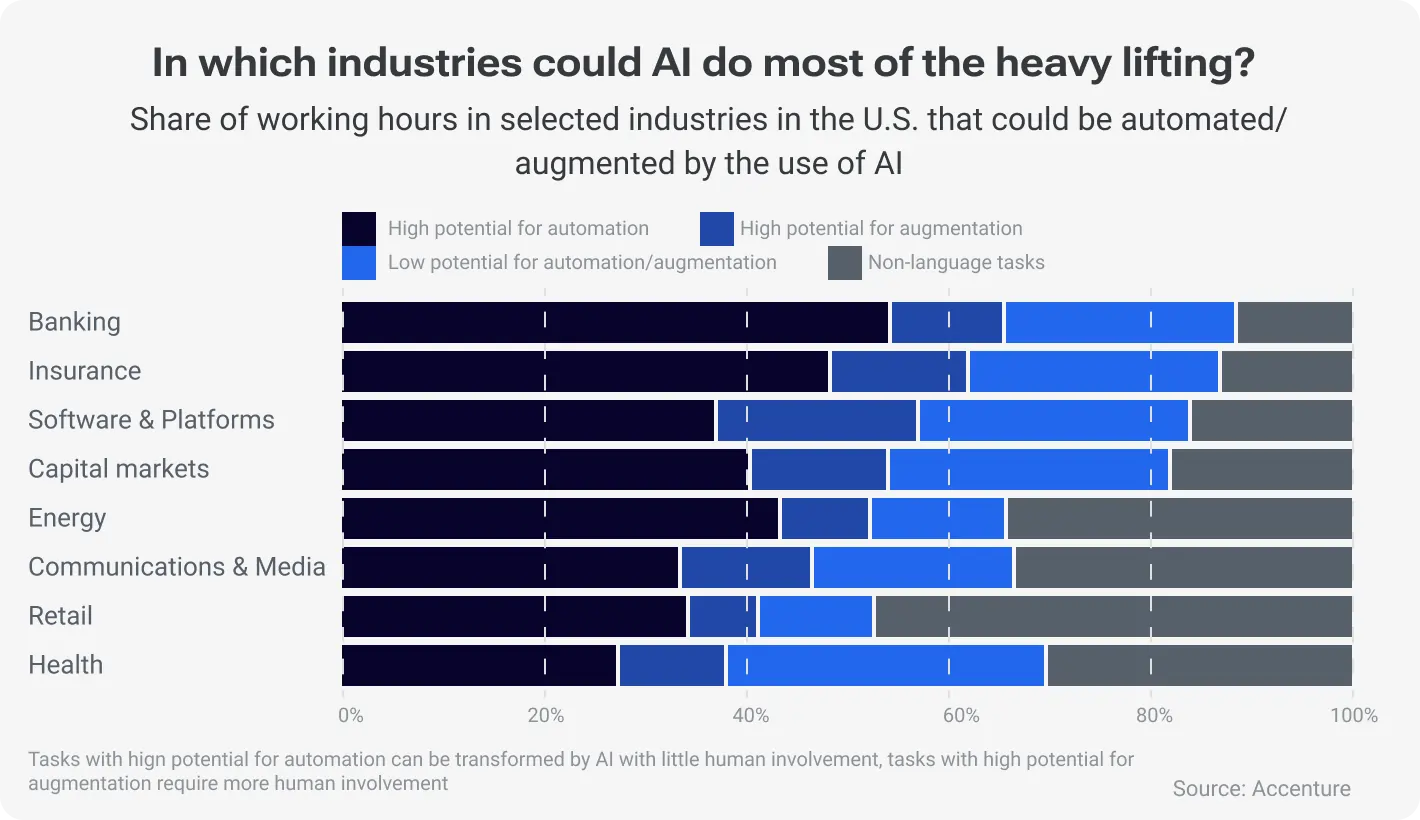
-market-size-worldwide-from-2020-to-2030.webp)
